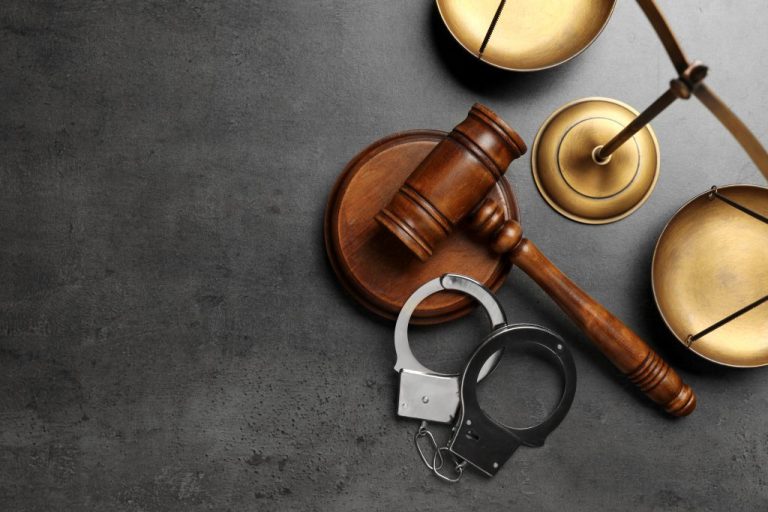
Many homeowners and small-business owners struggle to keep their homes or businesses afloat despite the economic recovery. Businesses and individuals file for bankruptcy to stop creditors from pursuing them and pay off their debts. The bankruptcy laws are built upon the idea of a “stay”, which is a way to keep creditors away while a person seeks relief. A “discharge”, which is the forgiving or releasing of debt, can be a legal term.
There are three types of bankruptcy. It can be difficult to decide the right type of bankruptcy for your company. A skilled bankruptcy attorney can help. Chapter 11 bankruptcy is a way to “reorganize” or liquidate people with high incomes and large debts. This is often used to reorganize businesses. Chapter 11 is a bankruptcy option for businesses whose cash flow has been affected by debts. Chapter 11 bankruptcy can be used to restructure debts and lower principal and interest rates on most secured and unsecured debt.
Chapter 11 bankruptcy filings are more stringent than other types. Chapter 11 debtors must have current liability insurance for all their facilities. Also, the debtor should have adequate insurance to cover inventory and equipment. The court must have many items at the start of a case. The United States Trustee is responsible for overseeing Chapter 11 cases and the debtor must submit monthly operating records. Filing a Chapter 11 matter can be expensive and time-consuming. Small business owners often have difficulty affording the Chapter 11 filing. Many small business owners can’t afford to pay an attorney or go through Chapter 11. There may be another type of bankruptcy that can benefit both the individual as well as the company.
Many “Mom and Pop Shops in America”, which are business owners, believe Chapter 11 is impossible. People associate bankruptcy with General Motors’ Chapter 11 bankruptcy. This is why they believe Chapter 11 is impossible. There may be other options for mom-and-pop owners. Chapter 7 bankruptcy can also be called “straight” and “liquidation”. The debtor will typically be able to keep all or most of his assets and be exempted from any debts. Businesses can also file for Chapter 7 bankruptcy. Chapter 7 bankruptcy is similar to “fat lady singing at opera”. A business files a Chapter 7 bankruptcy to inform creditors that it is closing down. It will also end any lawsuits. Chapter 7 is filed to protect business owners’ personal guarantees.
Chapter 13 bankruptcy is often called “rehabilitation” rather than “liquidation”. This is because the debtor agrees with creditors to repay them fully or in part over three to five years. L.L.C. or a corporation. Chapter 13 bankruptcy is not permitted to be filed by a corporation or L.L.C. Chapter 13 bankruptcy is not possible. Chapter 13 bankruptcy cannot be filed. The owners and principals can file for Chapter 13 bankruptcy to keep the company running and reduce their personal debt. Many small-business owners finance their businesses using personal credit cards. These cards do not count as debt that the business has incurred. The debtor can file Chapter 13 to help him/her restructure personal debts and any debt incurred while the company is being operated. It is possible to restructure the debts of the business without it having to file for bankruptcy. The business that the individual files for Chapter 13 bankruptcy are responsible for the debts. Individual debtors should not be liable for any personal guarantees if bankruptcy is granted.
A Chapter 13 bankruptcy is simpler, more cost-effective, and involves fewer steps than a Chapter 11 one. Many business owners own companies that are too large to be eligible for this type of rehabilitation. The business must file Chapter 11 to be able to restructure its debts and continue operating. There are many factors that could influence which chapter a company should choose. A bankruptcy attorney is recommended to discuss all options. To make informed decisions, it is essential to have all the information you need. There might be light at the end.
This post was written by Trey Wright, a bankruptcy lawyer in Jacksonville FL with extensive experience! Trey is one of the founding partners of Bruner Wright, P.A. Attorneys at Law, which specializes in areas related to bankruptcy law, estate planning, and business litigation.
The information provided on this website does not, and is not intended to, constitute legal advice; instead, all information, content, and materials available on this site are for general informational purposes only. Information on this website may not constitute the most up-to-date legal or other information. This website contains links to other third-party websites. Such links are only for the convenience of the reader, user or browser; the ABA and its members do not recommend or endorse the contents of the third-party sites.







